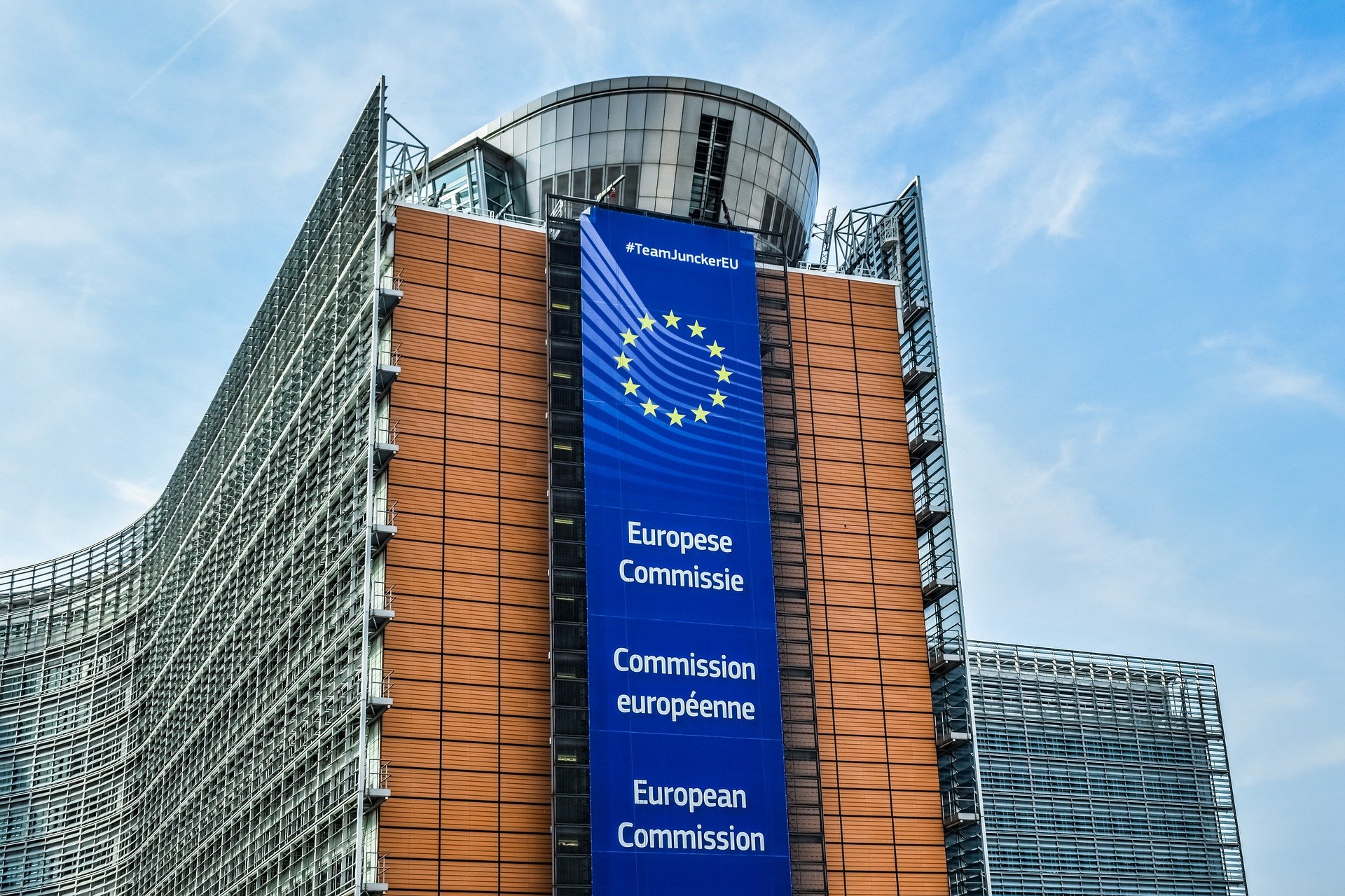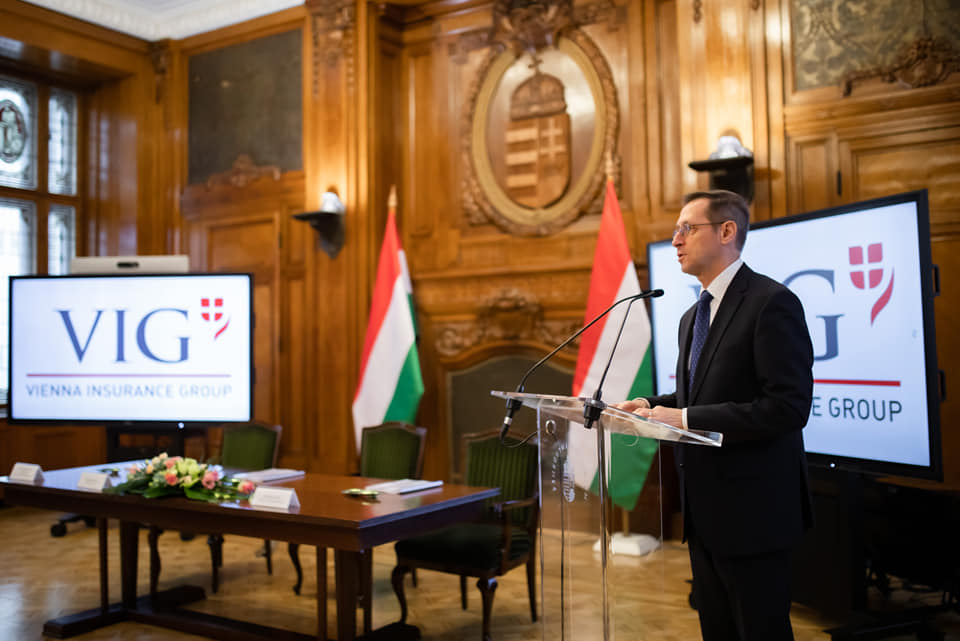
Hungary has ten working days to respond to the EC's preliminary assessment, and further action may result in an infringement assessment and an order to withdraw the veto, the statement added.Continue reading

The European Commission has concluded that Hungary’s decision to veto the acquisition of the Hungarian subsidiaries of the AEGON Group by Vienna Insurance Group AG (VIG) is in breach of the European Union’s merger regulations, the European Commission said on Monday. The EC has ordered Hungary to withdraw its veto by March 18. If Hungary fails to comply, the commission may decide to launch an infringement procedure.
The EC’s decision comes on the heels of Finance Minister Mihály Varga’s announcement that the Hungarian state signed a contract to acquire a 45 percent stake in the local businesses of the same companies VIG and Aegon. The dispute over the insurance subsidiaries has been going on for more than a year now.
VIG announced in November 2020 that it agreed to acquire the businesses of Aegon in Hungary, Poland, Romania and Turkey for a price of 830 million euros, a deal that would have made VIG a market leader in Hungary.
In a last-minute legislation, one day prior to the announcement, the government passed a decree allowing the Interior Minister to issue a veto decision based on emergency amendments to the Hungarian foreign direct investment screening legislation introduced in the context of the coronavirus pandemic.
The foreign acquisitions of important industries such as banks, defense, energy, and communication sectors could already been vetoed by the Interior Minister since 2018, but until November 2020, only buyers from outside of the EU could be subject to the intervention. In addition, insurance companies were excluded from the list of companies that could be vetoed.
The new ’legal tool’ was then finally put into use by Interior Minister Sándor Pintér in April 2021 as Hungary halted the sale of Aegon NV’s local unit to Vienna Insurance Group AG, citing national security. As such, the detailed justification is also classified.
While it is not uncommon for governments to overrule deals to prevent market monopolies, save jobs or for national-security reasons, many found the government’s intervention concerning because it didn’t seem to fit into any of these categories.
After the government’s action, the companies concerned made a complaint to the European Commission while the Vienna-based buyer started negotiations with Hungary. Hence last October, the European Commission opened an investigation into whether Hungary’s action breached Article 21 of the EU Merger Regulation.
Following its initial assessment, in January 2022, the commission informed Hungary of its preliminary conclusion that the veto violated Article 21 of the EUMR.
The situation has led to the Commission calling on the Hungarian government on Monday to withdraw the veto. The Commission found that the government should have notified Brussels of the intervention and demonstrated that it was justified and proportionate.
Meanwhile, last December, VIG reached a deal with the government, signing a memorandum of understanding. According to this, Hungary would take a 45 percent stake in local units of Aegon (Aegon Biztosító and Union Biztosító) and VIG. Management rights would remain with the Vienna based company, as would majority ownership.
Eventually, on Monday, Finance Minister Mihály Varga announced that the Hungarian state will indeed acquire 45 percent stakes in insurers Aegon Biztosító and Union Biztosító.
The investment is “hugely advantageous” for Hungary, Varga said in a post on Facebook, noting that Aegon and Union hold a combined 20 percent share of Hungary’s insurance market and have a combined annual revenue of 240 billion forints (EUR 671.8m).
The acquisition serves to increase public wealth and to return strategic assets to state ownership, the minister said.
He added that between 2002 and 2010, the left-liberal governments had sold off a significant chunk of state assets, privatizing roughly 190 companies. The Fidesz-led government put an end to the sale of state assets, he said, adding that the previous system had been replaced by thoughtful policies.
“Thanks to this, by 2020, the value of state assets increased to 20,000 billion forints from 11,000 billion in 2010,” Varga said.
It remains to be seen how the story will unfold and how the current agreement will be affected by the Commission’s decision, and how a possible EU ruling might impact relations in the ownership.
Featured photo via Mihály Varga’s Facebook page